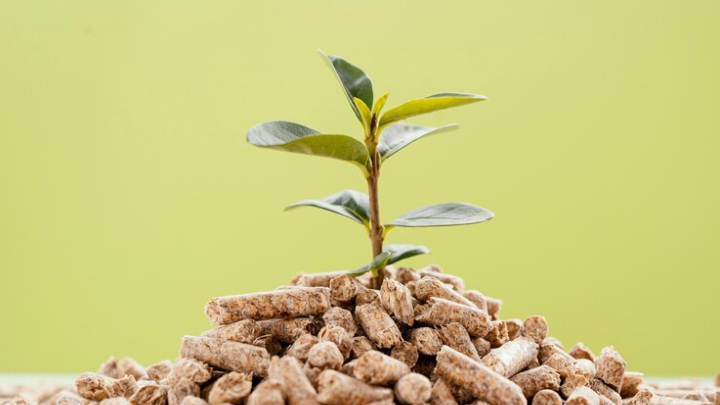
Environmentally Friendly Pellet Recommendations
Nowadays, as eco-friendly fuel alternatives are gaining increasing importance, pellet fuels are emerging as a sustainable and efficient option. However, it cannot be said that every pellet is environmentally friendly. Truly eco-friendly pellets are products that are free of chemical additives, have a low moisture content, and are produced from sustainable resources. Wood pellets certified by the FSC (Forest Stewardship Council) or ENplus-A1 are among the most reliable options due to their low carbon emissions and efficient combustion properties.
In addition, pellets made from agricultural waste also stand out as a reliable and eco-friendly alternative. Pellets produced from agricultural wastes such as sunflower husks, olive kernels, corn stalks, and straw reduce dependency on fossil fuels by lowering the carbon footprint. These types of pellets play an important role among sustainable energy sources as they contribute to the utilization of natural wastes. However, to ensure highly efficient combustion, pellets with a low moisture content and minimal ash content should be preferred.
The use of eco-friendly pellets is not solely about fuel selection; the use of clean and modern combustion systems is also of great importance. High-quality pellets used in low-emission boilers and stoves not only provide a longer burning time but also minimize the emission of harmful gases into the environment. For environmentally conscious energy consumption, opting for certified pellets with low ash and moisture content is the best choice for nature-conscious individuals.
Most Reliable Pellet Fuel Types
Pellet fuels are increasingly preferred as a sustainable and eco-friendly heating alternative. However, it must be noted that not all pellets are of the same quality and reliability. Wood pellets, the most commonly used type of pellet, are generally produced from compressed sawdust, wood chips, or tree bark. Wood pellets certified by the FSC (Forest Stewardship Council) or ENplus-A1 are among the most reliable options due to their low moisture content, high heat efficiency, and minimal ash production.
In addition, pellets made from agricultural waste also emerge as a reliable and eco-friendly alternative. Produced from organic waste such as corn stalks, sunflower husks, and olive kernels, these pellets reduce carbon emissions by being derived from renewable resources. High-quality agricultural waste pellets, when produced using appropriate processing techniques, offer high combustion efficiency and present lower costs compared to fossil fuels. However, such pellets should meet quality criteria such as having a low moisture content and being free of additives.
Finally, mixed pellets, produced by combining wood and agricultural waste, can offer the advantages of both sources. Mixed pellets that have undergone high-quality production processes provide high energy efficiency while offering an affordable alternative. However, it is important that they are sourced from reliable manufacturers and are certified to ensure long-lasting and efficient use. When selecting pellet fuels, opting for products with low moisture and ash content that ensure clean combustion is essential for maximum efficiency and safety.
